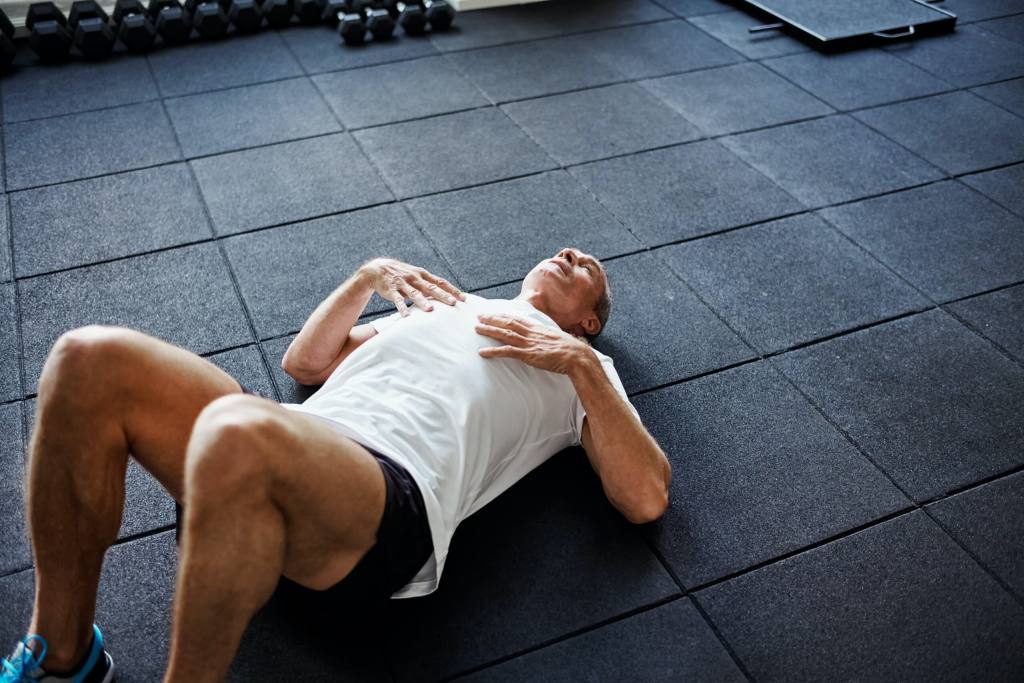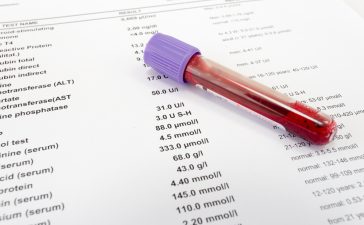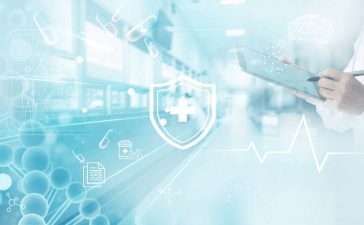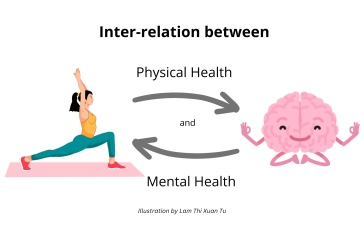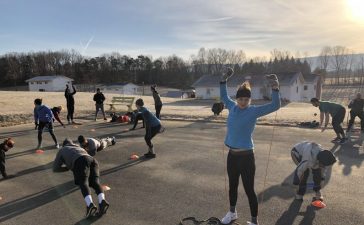More and more people are turning to “artificial enhancers” in efforts to slow down aging and maintain strength and vitality, going into old age. Though human growth hormone is secreted naturally in the body, patients usually ask us about the dangers of taking it, dosage, side effects etc.
In today’s article, we’ll be addressing some of these commonly asked questions and offer viable alternatives.
What Is HGH?
Human Growth Hormone, HGH for short, is a small protein secreted by our pituitary gland. This secretion is controlled and regulated by different sets of hormones in our brain, intestinal tract and pancreas.
The important thing to mention when talking about HGH is that it’s secreted in bursts – for example, HGH levels are increased following an exercise, trauma or sleep. So, HGH levels in blood are not constant through the day, or even as we age – levels rise during childhood and peak in puberty… and then decline as time goes on.
HGH Therapy Benefits?
HGH injections are an FDA approved therapy for different conditions. For example, it’s indicated in children with innate GH deficiency (and others with short stature). Of course, it can also treat adult deficiency and diagnosis.
Sadly, around 30% of all patients experience unwanted side effects such as:
- Nausea
- Fluid retention
- Joint pain
- Muscle pain
- High blood pressure
- High blood pressure
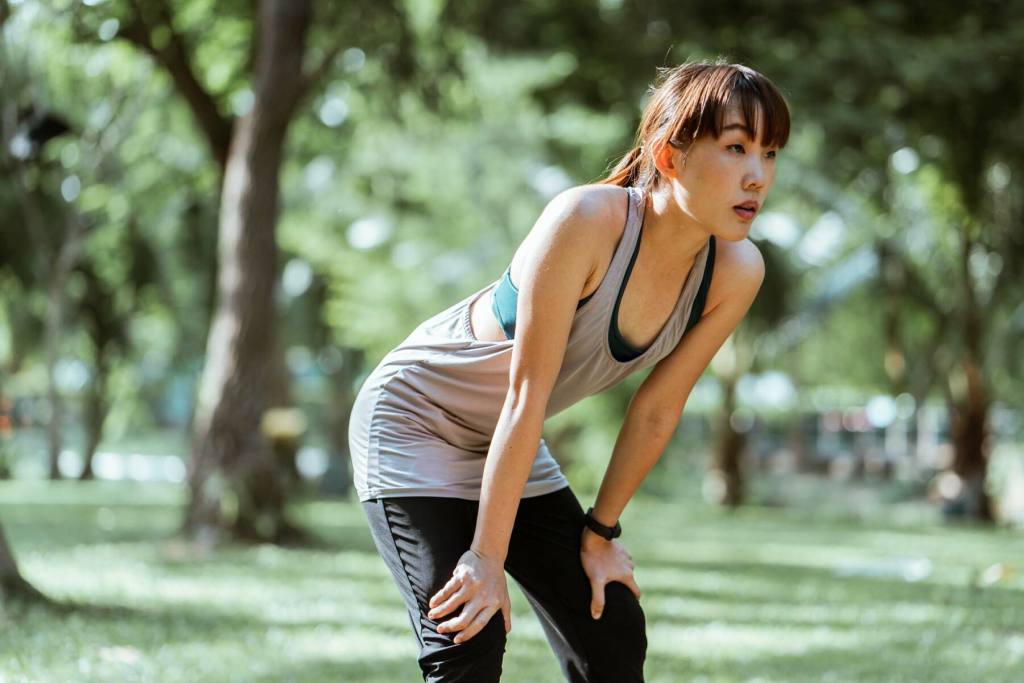
Athletic Enhancing
In GH deficient patients, HGH therapy results in increased M, energy and exercise capacity. Naturally, some high-performing athletes turned to GH in an effort to give them that extra competitive edge.
Of course, large organizations caught up on this trend and banned GH abuse in competitive sports. So, why do athletes continue to use it if they are both risking their professional career as well as their health? A lot of it comes from misinformation, actually. One study clearly demonstrates it, where a total of 303 volunteers received GH injection while 137 got placebo.
Volunteers in the GH group experienced an average lean muscle gain of 4.6 pounds! Even though this is a significant improvement in muscle mass, it did not translate into improved performance.
You see, if you’re an athlete and continue to use such banned substances such as GH, you are risking getting banned without any proof the substance will even have an effect on your performance.
Ipamorelin as a Viable Replacement?
When we’re talking about improved athletic performance and GH secretagogues, ipamorelin is a name that often pops up. What is it?
Ipamorelin is a peptide and a growth hormone secretagogue which increases GH secretion but with fewer side effects. How does it work?
Ipamorelin helps the body burn more fat and recover from exercises faster. It’s also evident from numerous case studies that it improves the immune system and sleep cycle, thus improving your energy levels and body composition.
There are numerous websites offering ipamorelin for sale, so you can buy it online or get a prescription from your local doctor.
HGH and Aging
We actually have some research data addressing the link between HGH therapy and aging. There was one study where 220 subjects got GH therapy and 227 did now. After 52 weeks GH treated individuals gained an average of 4.6 pounds but also lost the same amount of fat! While the control group did not experience any changes.
Other findings show that there were no significant changes in the levels of “bad” or “good” cholesterol or triglycerides.
Can Exercise and Proper Diet Substitute HGH Therapy?
Even though we have proof that HGH does increase muscle mass and has an overall positive effect on the body, its therapy is indicated in those individuals who are lacking it.
If you want to continue feeling young, vital and healthy it’s best to engage in some sort of regular exercise regime. Of course, you can boost your exercise with HGH therapy, but a solid exercise routine is the best foundation.

